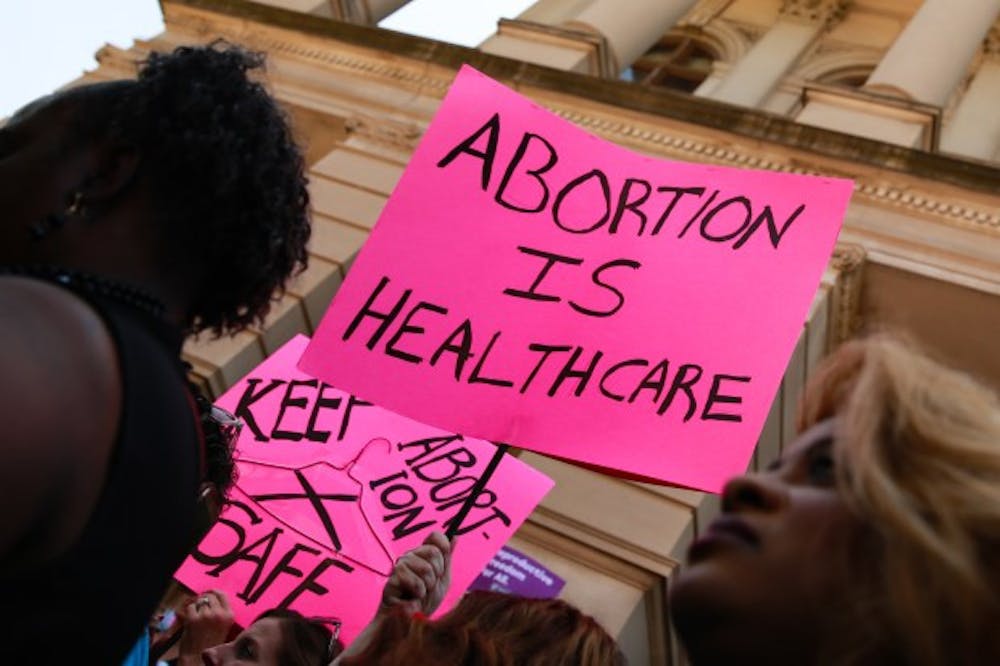On Jan. 1, new abortion restrictions in Colorado went into effect. Generally, abortion is not covered in insurance policies for public employees and is not required from public employers to include abortion in the policy. Public funding is only available in the case of life endangerment, rape or incest.
Additionally, new restrictions state minors need parental consent to obtain an abortion. However, a minor can attempt to obtain a judicial waiver in certain circumstances. Emancipated minors are not required to notify a parent or guardian.

Colorado contains the most liberal abortion laws in the country. The state of Colorado is known to be a haven for both residents and non-residents seeking to terminate their pregnancy. Women who are seeking abortions in states such as Alabama, a state with strict abortion laws, is able to come to Colorado due to the absence of any residential restrictions to abortion access.
Although Colorado is the state with the least restrictions, abortion freedoms are being chipped away bit by bit over the past few years. Before the new 2020 year, Colorado was one of the few states in which there were no restrictions regarding how many weeks one could get an abortion.
The general assembly’s initiation #120 entitled “End Late Abortions in Colorado” amended this rule and restricts a person from getting an abortion after 22 weeks gestational age. Someone who receives an abortion after this 22-week period will not be subject to criminal penalties. However, the initiative states:
“Any person who intentionally or recklessly performs or attempts to perform an abortion in violation of this… is guilty of a class 1 misdemeanor.”
This means the doctor who performs the prcedure unlawfully can be charged with intentionally performing an illegal abortion or can be deemed to have recklessly caused one. If the doctor is found guilty, they will be subject to fines and criminal prosecution.
In recent years, accessibility to abortion clinics in Colorado have been steadily decreasing. According to the Guttmacher Institute, in 2005 there were 43 facilities providing abortions in Colorado, but by 2017, the number dropped to 18 facilities. About 83% of Colorado counties do not have a facility for women to obtain an abortion and the number keeps rising.

Abortion continues to be an extremely partisan issue with a sharp divide in ideologies. In 2019, Colorado general assembly representatives Stephen Humphrey and Lori Saine, both part of the Republican party, introduced a bill (HB19-1103) that would ban all abortions unless the mother’s life was at risk, and did not provide exceptions for matters such as rape and incest.
The bill stated anyone who performed an illegal abortion would be sentenced to the death penalty. The bill did not pass, however pro-choice advocates, such as NARAL Pro-Choice Colorado, worry the party-line vote reaffirms. The only thing standing between Colorado and an extensive abortion ban, is the democratic-led general assembly.
Karen Middleton, executive director at NARAL Pro-Choice, said to the Colorado Sun “We are never as far from those other states as we think we are. It’s only one election.”
For more information about the new restrictions, visit https://leg.colorado.gov/laws.







